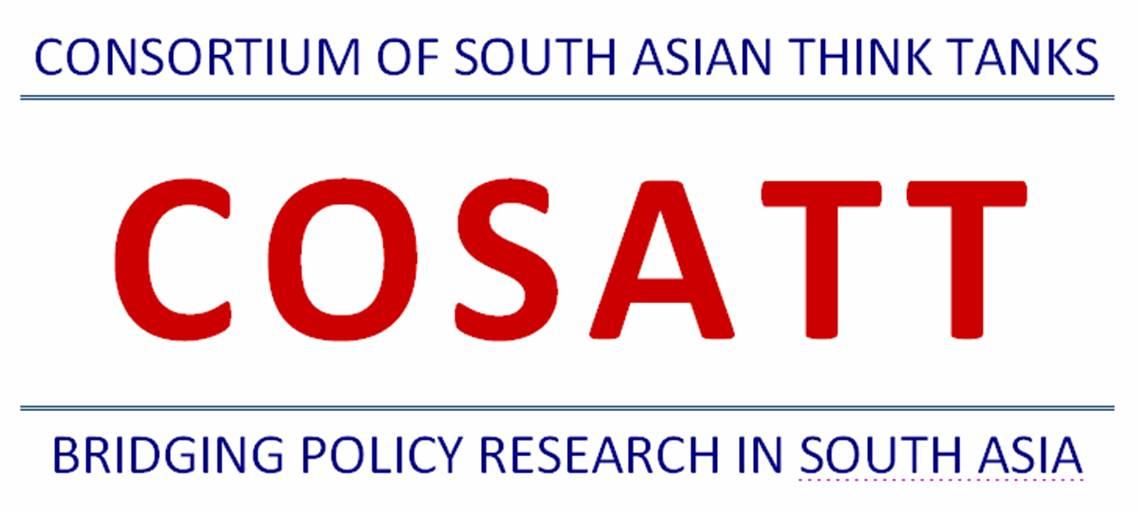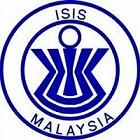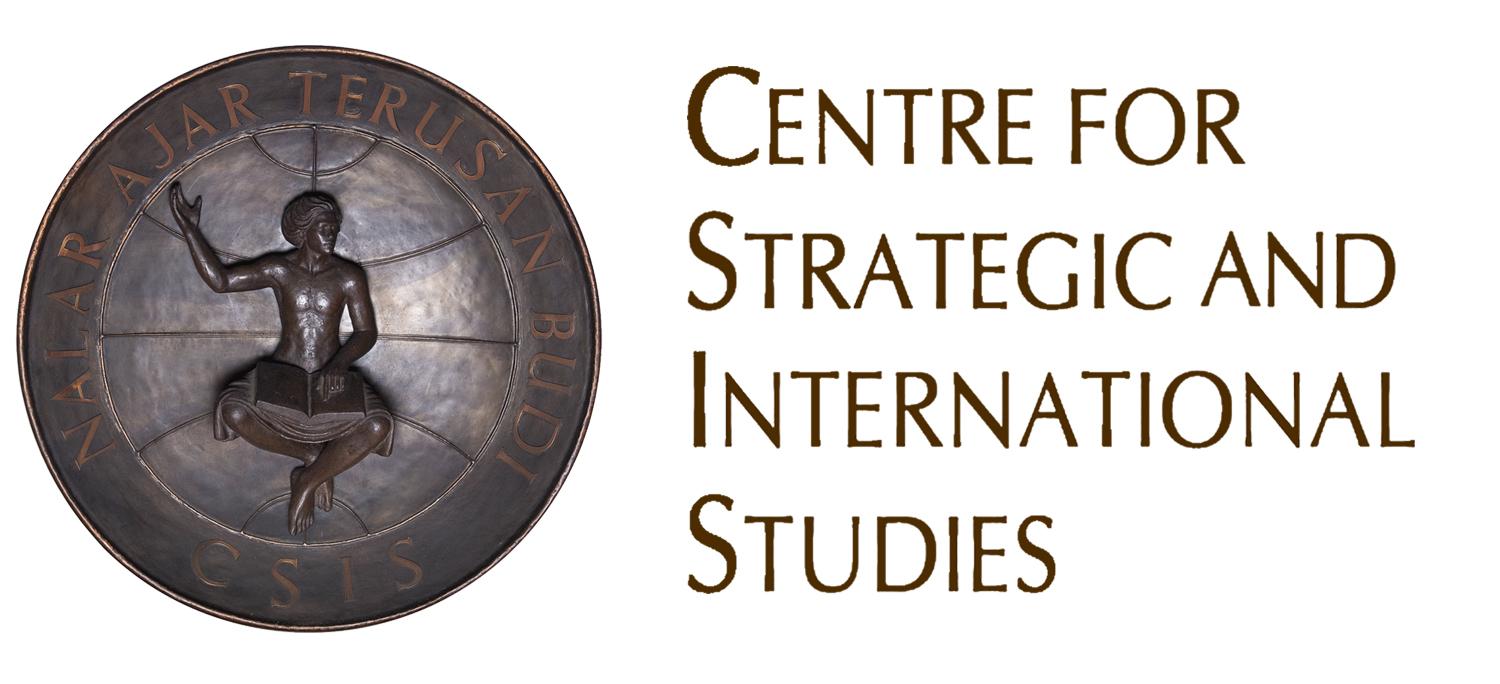Asset-Herausgeber
Institute for Southeast Asian Studies (ISEAS)

The Institute of Southeast Asian Studies (ISEAS), an autonomous organization established by an Act of Parliament in 1968, was renamed ISEAS - Yusof Ishak Institute in August 2015. Its primary objectives are:To be a leading research centre dedicated to the study of socio-political, security, and economic trends and developments in Southeast Asia and its wider geostrategic and economic environment.To stimulate research and debate within scholarly circles, enhance public awareness of the region, and facilitate the search for viable solutions to the varied problems confronting the region.To nurture a community of scholars interested in the region and to engage in research on the multi-faceted dimensions and issues of stability and security, economic development, and political, social and cultural change.The Institute conducts a range of research programmes; holds conferences, workshops, lectures and seminars; publishes briefs, research journals and books; and generally provides a range of research support facilities, including a large library collection.
Zur Webseite
Consortium of South Asian Think Tanks (COSATT)

In a common effort to bridge policy research in South Asia, the Institute of Peace and Conflict Studies (IPCS) and the Konrad-Adenauer-Stiftung in January 2008 set up the Consortium of South Asian Think Tanks (COSATT) with the objective of bringing together leading think tanks in South Asia to foster a dialogue on cooperation in the region. Besides institutional partners from the region, the COSATT includes experts from all countries of South Asia into its consultations and recommendations. As part of the effort, annual meetings are planned based on a theme to address topical issues of the region. These meetings comprise of a planning conference of participating think-tank heads, an expanded meeting with authors and experts, followed by the final study release before the SAARC Summit. COSATT is facilitated by the Institute of Peace and Conflict Studies (IPCS) and supported by the Regional Programme SAARC of the Konrad-Adenauer-Stiftung.
Zur Webseite
East Asian Institute

The East Asian Institute (EAI) was set up in April 1997 as an autonomous research organization under a statute of the National University of Singapore. The main mission of EAI is to promote both academic and policy-oriented research on East Asian development, particularly the political, economic and social development of contemporary China (including Hong Kong and Taiwan), and China's growing economic relations with the region and the world at large, including Japan, Korea and ASEAN. To promote academic exchange and to enable its research findings to reach out to a wider segment of the public, EAI organizes seminars and publishes research papers on a regular basis.
Zur Webseite
Institute of Strategic and International Studies (ISIS) Malaysia

The Institute of Strategic and International Studies (ISIS) was established on 8 April 1983 as an autonomous, not-for-profit research organization. ISIS Malaysia has a diverse research focus which includes economics, foreign policy, security studies, nation-building, social policy, technology, innovation and environmental studies. It also undertakes research collaboration with national and international organizations in important areas such as national development and international affairs. ISIS Malaysia engages actively in Track Two diplomacy, and promotes the exchange of views and opinions at both the national and international levels. The Institute has also played a role in fostering closer regional integration and international cooperation through numerous forums.
Zur Webseite
EU Centre Singapore

The European Union Centre (EU Centre) in Singapore was set up in 2008 by the National University of Singapore (NUS) and Nanyang Technological University (NTU) with generous co-funding from the European Union. The first grant from the European Union was for the period from mid-2008 – December 2012. Supported by contributions from the two host universities, NUS and NTU, the EU Centre was able to carry out an impressive range of outreach activities to promote better understanding of the European Union (EU) and its policies, and more importantly, to build up knowledge about the EU through dialogue, research and publications on policies and on EU relations with Singapore and Southeast Asia.
Zur Webseite
S. Rajaratnam School of International Studies (RSIS)

The S. Rajaratnam School of International Studies (RSIS) was established in January 2007 as an autonomous school within the Nanyang Technological University. Known earlier as the Institute of Defence and Strategic Studies when it was established in July 1996, RSIS’ mission is to be a leading research and graduate teaching institution in strategic and international affairs in the Asia Pacific. RSIS offers a challenging graduate education in international affairs, taught by an international faculty of leading thinkers and practitioners. Its aim is to provide a rigorous professional graduate education with a strong practical emphasis and conduct policy-relevant research in defence, national security, international relations, strategic studies and diplomacy.
Zur Webseite
Centre for Strategic and International Studies (CSIS)

Founded in 1971, the Centre for Strategic and International Studies (CSIS) has won recognition as an important research and policy institution both within Indonesia and internationally. Its development over more than three decades is entwined with the history of Indonesia itself. In addition to its core studies in domestic economic and political developments, CSIS has also progressively developed a more international orientation. Bilateral conferences have been organised with a wide range of countries including Japan, the United States, India, France, Soviet Union, South Korea, New Zealand, and Australia.Since the 1980s CSIS has also increasingly contributed to multilateral regional institutions. These include the ASEAN Institutes of Strategic and International Studies (ISIS), the Pacific Economic Cooperation Council (PECC) and the Council for Security Cooperation in Asia Pacific (CSCAP).
Zur Webseite


